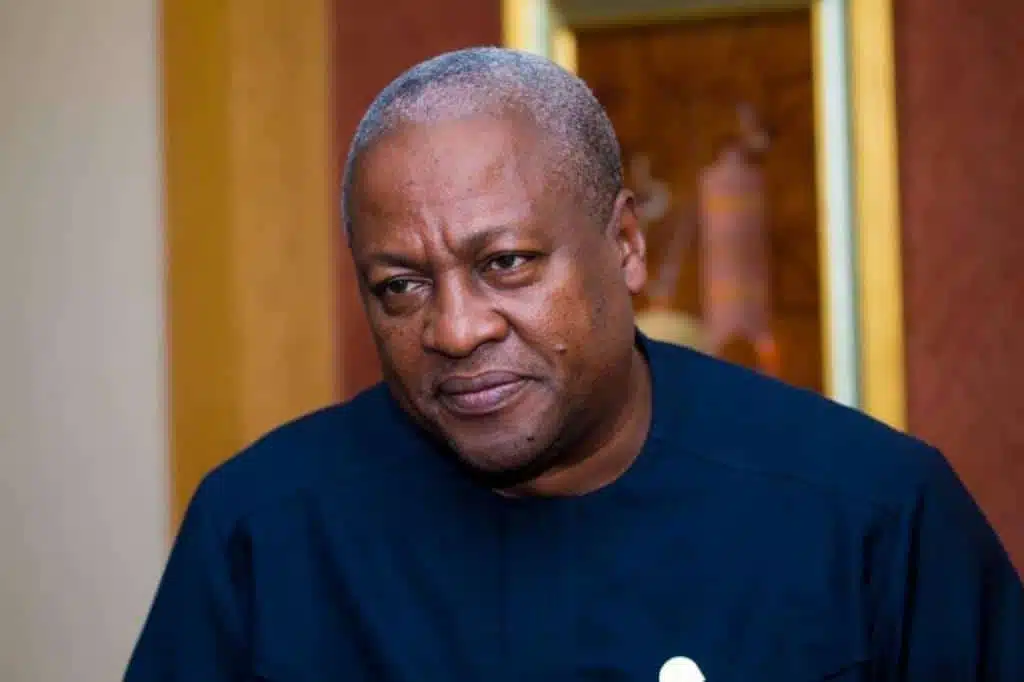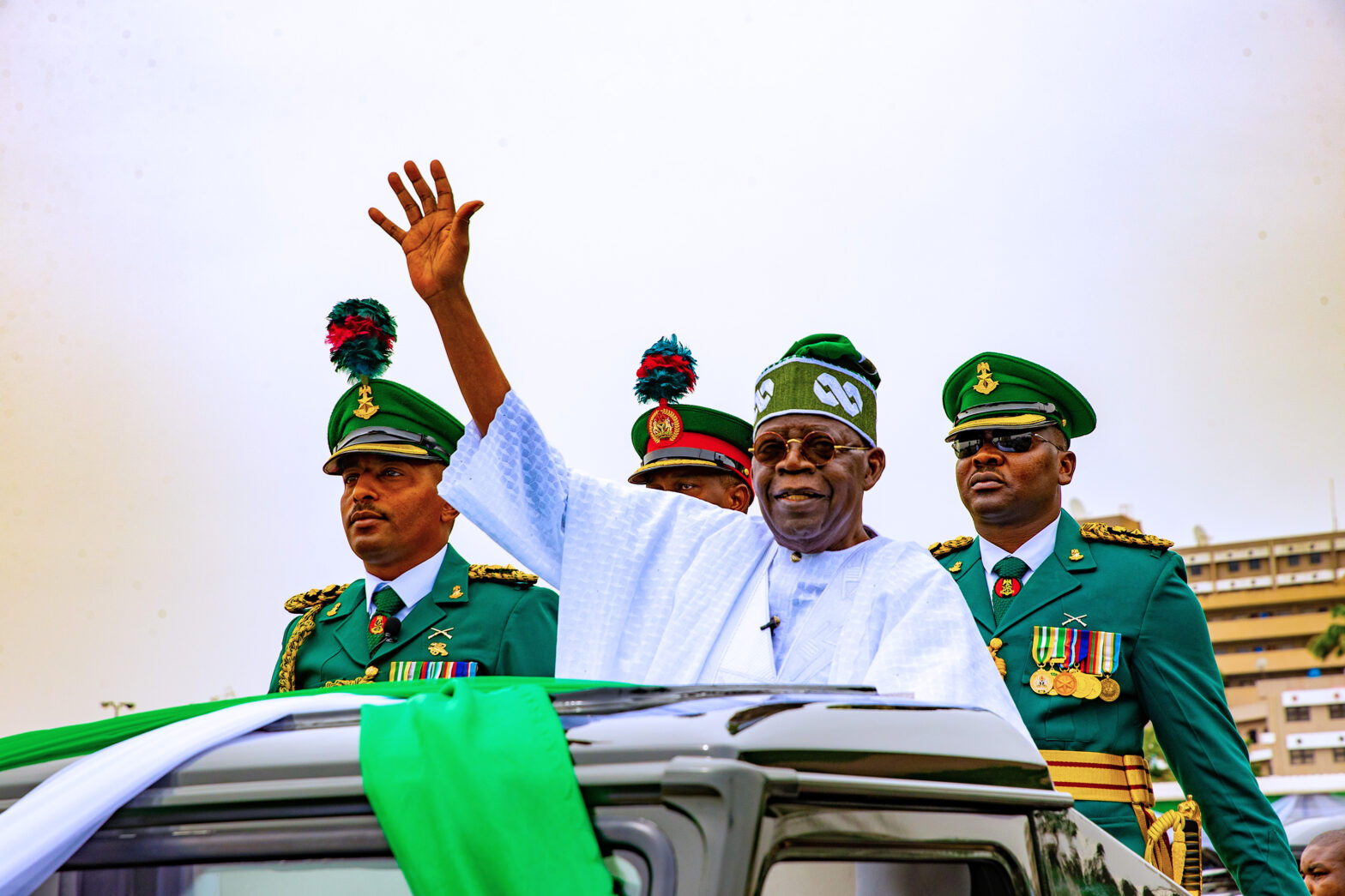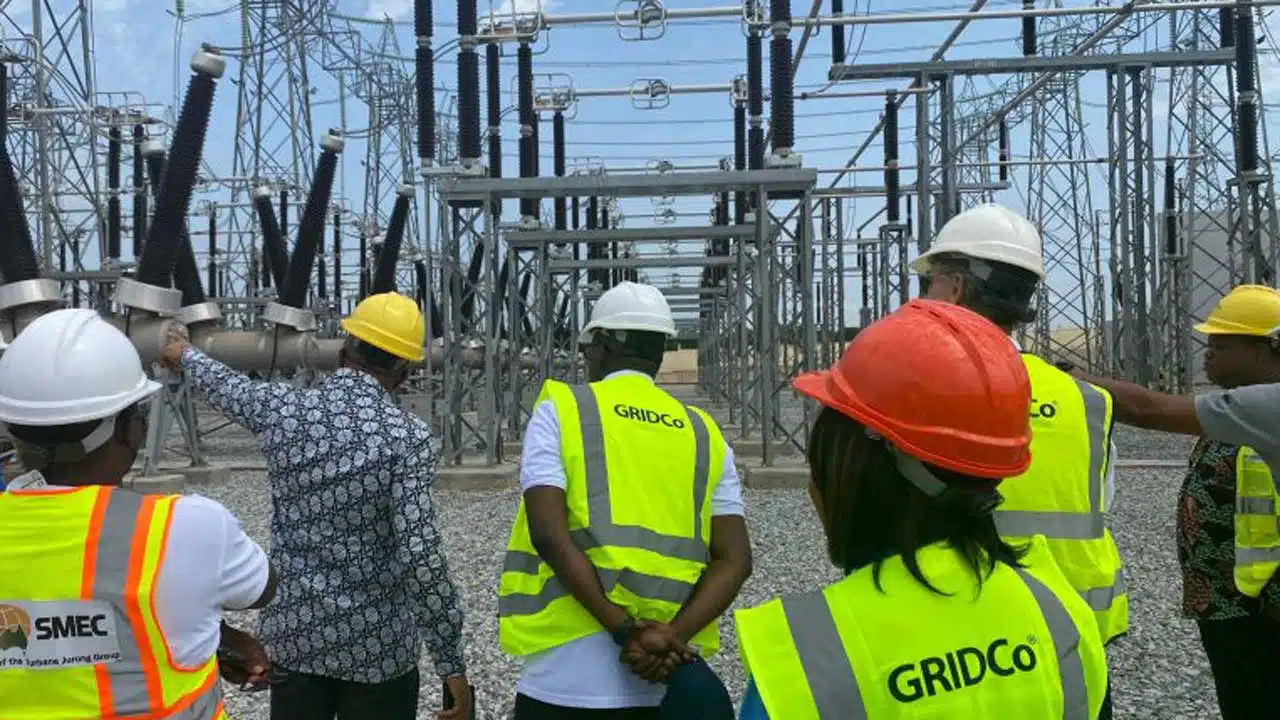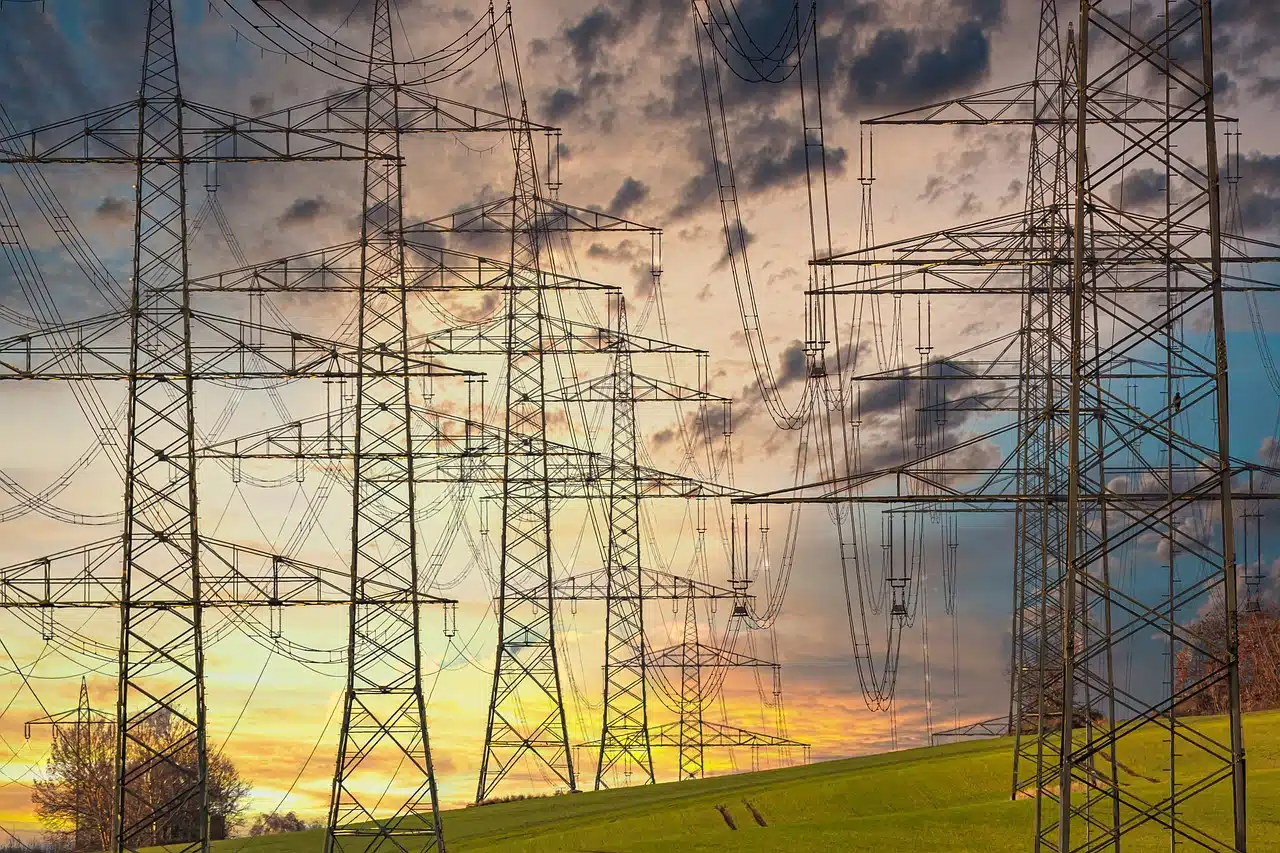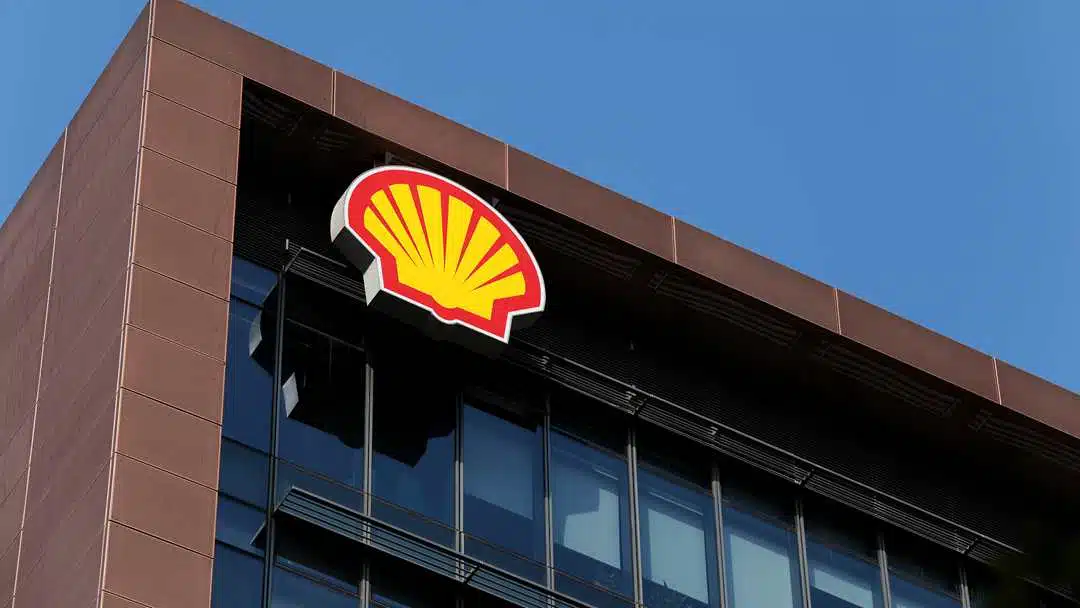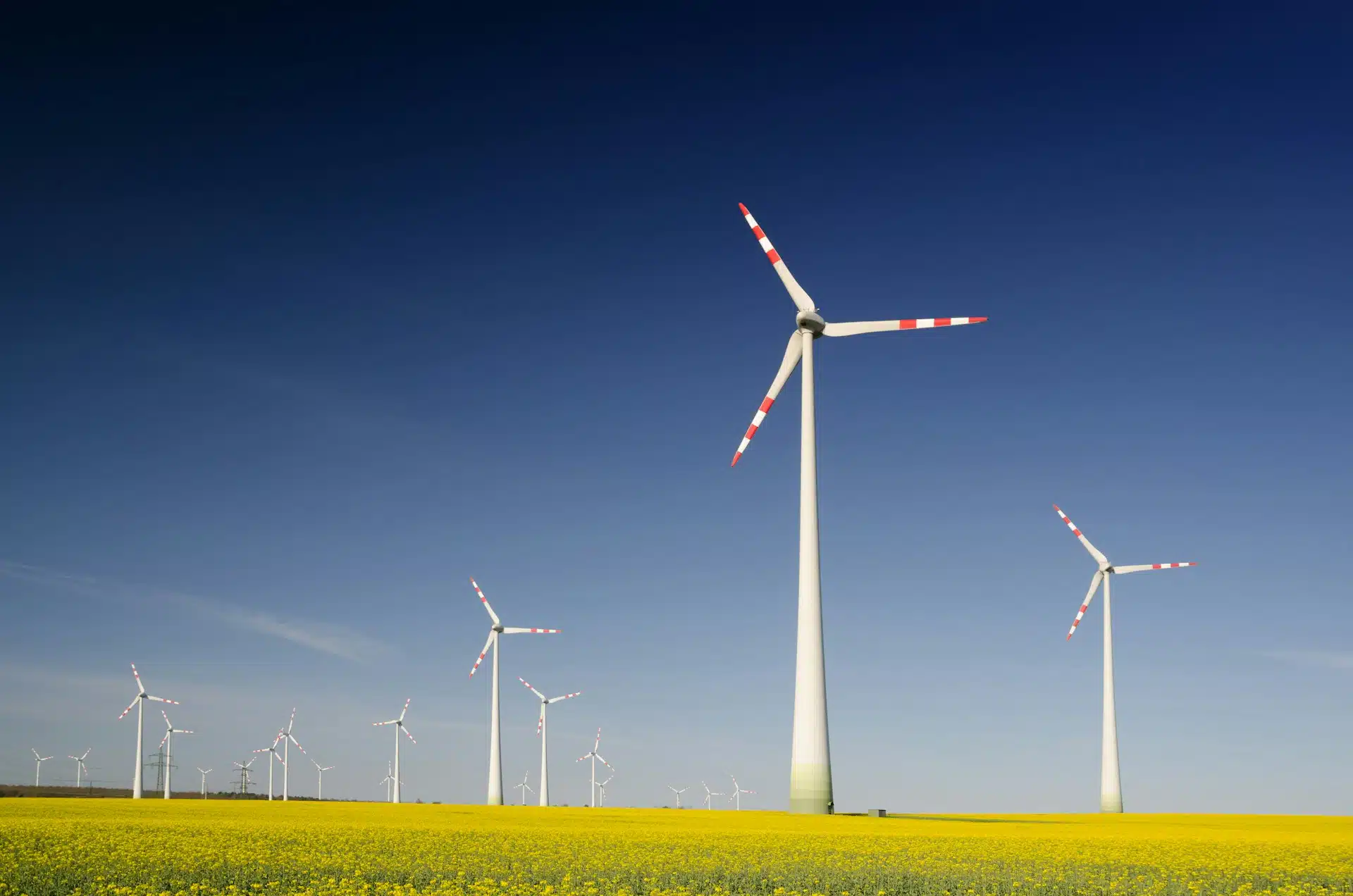In a speech to Parliament in February this year on the State of the Nation, Ghana’s President John Dramani Mahama said the country has a $6 billion energy debt, of which $2 billion is electricity debt owed to Independent Power Producers (IPPs).
Ghana’s electricity sector is drowning in debt, and the question is no longer if the country will pay—but who will foot the bill.
With over $1.5 billion owed to private power producers, the government is scrambling to renegotiate contracts, avoid blackouts, and keep the lights on without sinking deeper into a financial crisis.
Independent Power Producers (IPPs), which supply nearly half of Ghana’s electricity, are growing impatient, threatening to cut supply if their arrears go unpaid.
Meanwhile, ordinary Ghanaians face rising tariffs, and the International Monetary Fund (IMF) demands urgent reforms as part of a $3 billion bailout.
At the heart of the crisis lies a paradox: Ghana has too much power but too little money to pay for it.
Years of take-or-pay contracts, wasteful distribution losses, and a weakening cedi have turned emergency power deals into a fiscal time bomb.
Now, with the government restructuring debts and IPPs demanding guarantees, the electricity sector’s survival hinges on painful choices—will taxpayers, consumers, or investors ultimately bear the cost?
This is the story of Ghana’s power struggle, where politics, finance, and energy security collide.
Electricity sector debt
Majority of Ghana’s electricity debt is owed to IPPs. These IPPs are in charge of generating Ghana’s electricity and supplying them to the consumers. President Mahama has said $2.5 billion is owed to these IPPs.
In October last year, Sunon Asogli Power shut down their 560MW power plant due to Ghana’s delay in paying back $259 million it owes.
In 2021, Ghana had to extend the Ameri Energy deal due to its inability to settle its outstanding debt of $92 million.
The deal, which involved a $510 million Build, Own, Operate, and Transfer (BOOT) agreement for a 250MW Aboadze power plant, stipulated a five-year term for Ameri to recover its investment before transferring the plant to the Volta River Authority (VRA).
The plant has since been transferred to the VRA following the end of the agreement.
Most recently, Karpowership, the operator of a floating power plant at Aboadze in Ghana’s Western Region, threatened to halt operations due to the inability of the Electricity Company of Ghana (ECG) to pay back the $379 million debt owed to the IPP.
Ghana’s electricity debt to Nigeria
Independent Power Producers are not the only ones on the receiving end of Ghana’s money problems.
On the other side of the West African region, a sister nation is pushing to get its money.
Earlier in February this year, Nigeria’s N-Gas Limited, which transports natural gas to the VRA through the West African Gas Pipeline Company (WAPCo) threatened to cut gas supply following the inability of the country to pay back the $75 million debt it owes.
Natural gas supplied from Nigeria provides the fuel which powers Ghana’s thermal power plants.
However, following pressure from the Nigerian government and a high-stakes meeting with Nigeria’s Minister of State for Petroleum Resources, Ekperipe Ekpo, Ghana paid back $65 million out of the $75 million debt owed to N-Gas.
The payment amounts to 90% of the total debt owed to the gas firm.
IPP Frustration
Ghana’s IPPs, under the aegis of the Independent Power Generators, Ghana (IPGG), have expressed frustration over the government’s inability to settle its debts.
In 2020, the organisation issued a notice to the government that it would discontinue power generation if 80% of the debt owed to it wasn’t paid up
The CEO of the group, Elikplim Apetorgbor told reporters the debt was having a serious impact on technical, administrative and other needs of the IPPs and was, therefore, making the financing of the daily operations of the companies difficult.
Apetorgbor said most IPPs have to seek out high interest loans from international creditors to keep their turbines online.
In 2023, the group shelved a plan to suspend power generation operations after it threatened to shutdown power production by June 30, 2023 if the government failed to pay 30% of the $1.4 billion debt owed to them.
Revenue collection problem
At the heart of the crisis is the inability of Ghana to collect revenues from electricity billing, leaving the ECG with no funds to pay off IPPs.
President Mahama said the utility recovers only 62% of the electricity it purchases from independent producers.
The ECG has so many electricity debtors that are not paying for electricity consumed. This has triggered the utility to disconnect some high profile users in the past month.
The utility cut off electricity to Ghana Water Limited’s Weija treatment plant in Accra, citing an outstanding bill of $97 million, then turned its sights on the Ghana Broadcasting Corporation (GBC) over arrears of $305,000 after the media firm failed to adhere to a structured payment plan.
Earlier last month, the electricity company embarked on a nationwide revenue mobilization exercise which sought to collect outstanding debts from customers including residential, commercial, industrial, and government institutions.
The move did prove successful owing to the high $154.6 million revenue recorded by the utility in the first half of 2025.
Debt repayment efforts
At the Africa CEO Forum in Ivory Coast, Ghana’s president John Mahama made a statement that IPPs have long waited to hear.
President Mahama said the country plans to completely pay off the $2.5 billion debt owed to independent power producers and gas suppliers before the end of 2025.
The president hasn’t just been all talk. Right after his inauguration in January, President Mahama met with IPPs to discuss and resolve the challenges with the country’s power sector.
The government also reintroduced the energy sector levy which places a GHC1 (~$0.098) levy on every litre of fuel purchased by citizens.
The measure is expected to generate an additional GHC5.7 billion (~$560 million) in revenue to help reduce energy sector debt and address the country’s ongoing power supply issues.
This policy was later reversed as a result of backlash from the public and the main opposition party.
As part of its efforts to shore up revenue, the country raised electricity tariffs for the second time this year after a 14.75% increase earlier in April.
Picking up the tab
While Ghana’s government has entered into mostly undisclosed debt restructuring agreements with IPPs to keep the lights on, the inevitability is catching up.
Ghana will soon have to pay its debts.
The recent energy sector levy, revenue mobilisation exercise and rising electricity tariffs all point to one thing.
The regular Ghanaian will have to pay off the electricity accrued over the years.
With the government’s self-imposed deadline for debt payment coming up in December, Ghanaians will have to brace up for higher costs of energy.
The Public Utilities Regulatory Commission, has warned that the inclusion of the cost of liquid fuel in the price build will lead to an increase in electricity tariffs by over 50%.
For a country battling high inflation and a cost-of-living crisis, an imminent tariff increase may not sit well with the populace.
But for any meaningful turnaround in the energy sector, it appears the burden will ultimately fall on the citizens.

